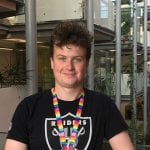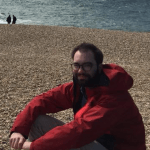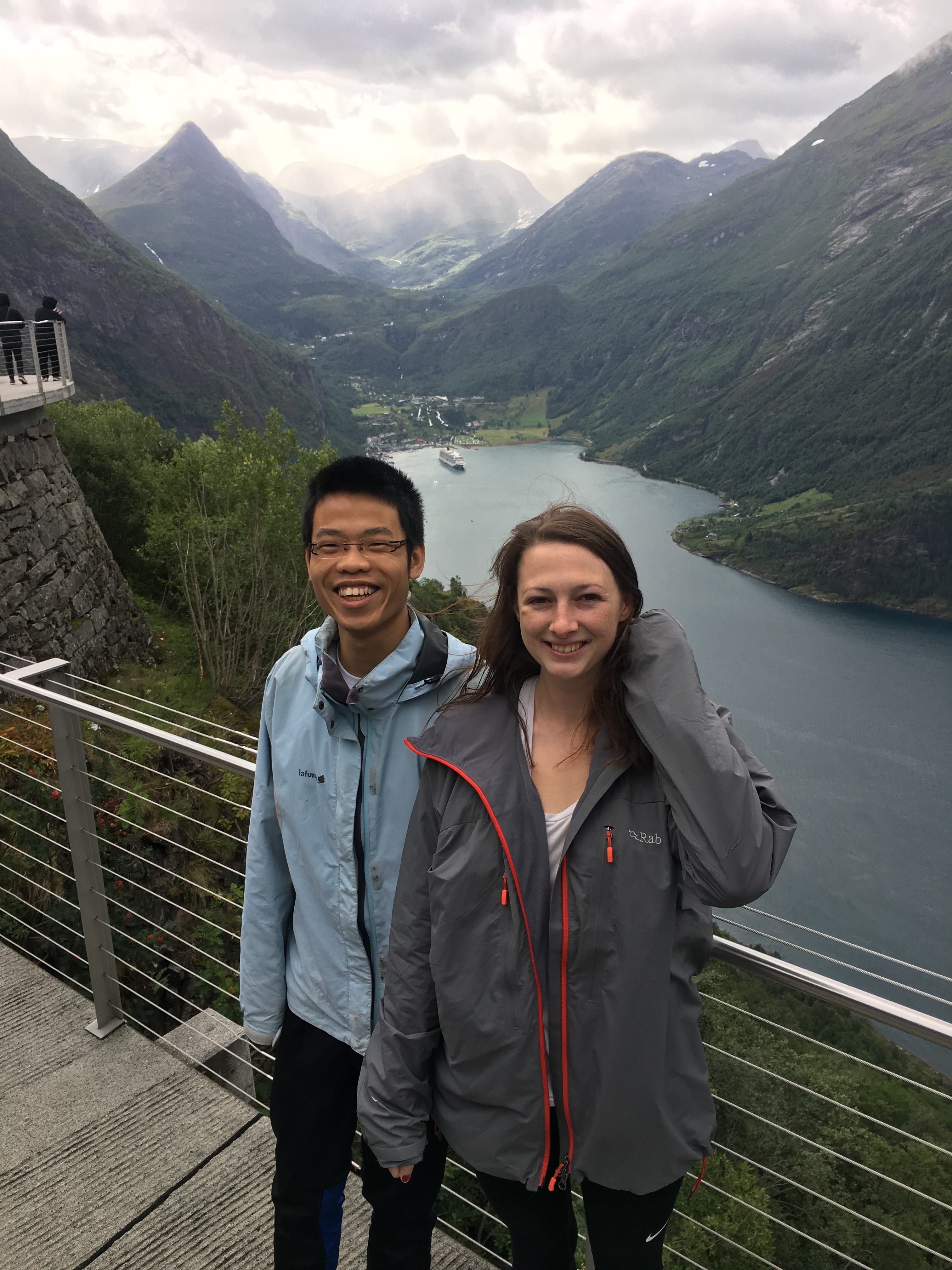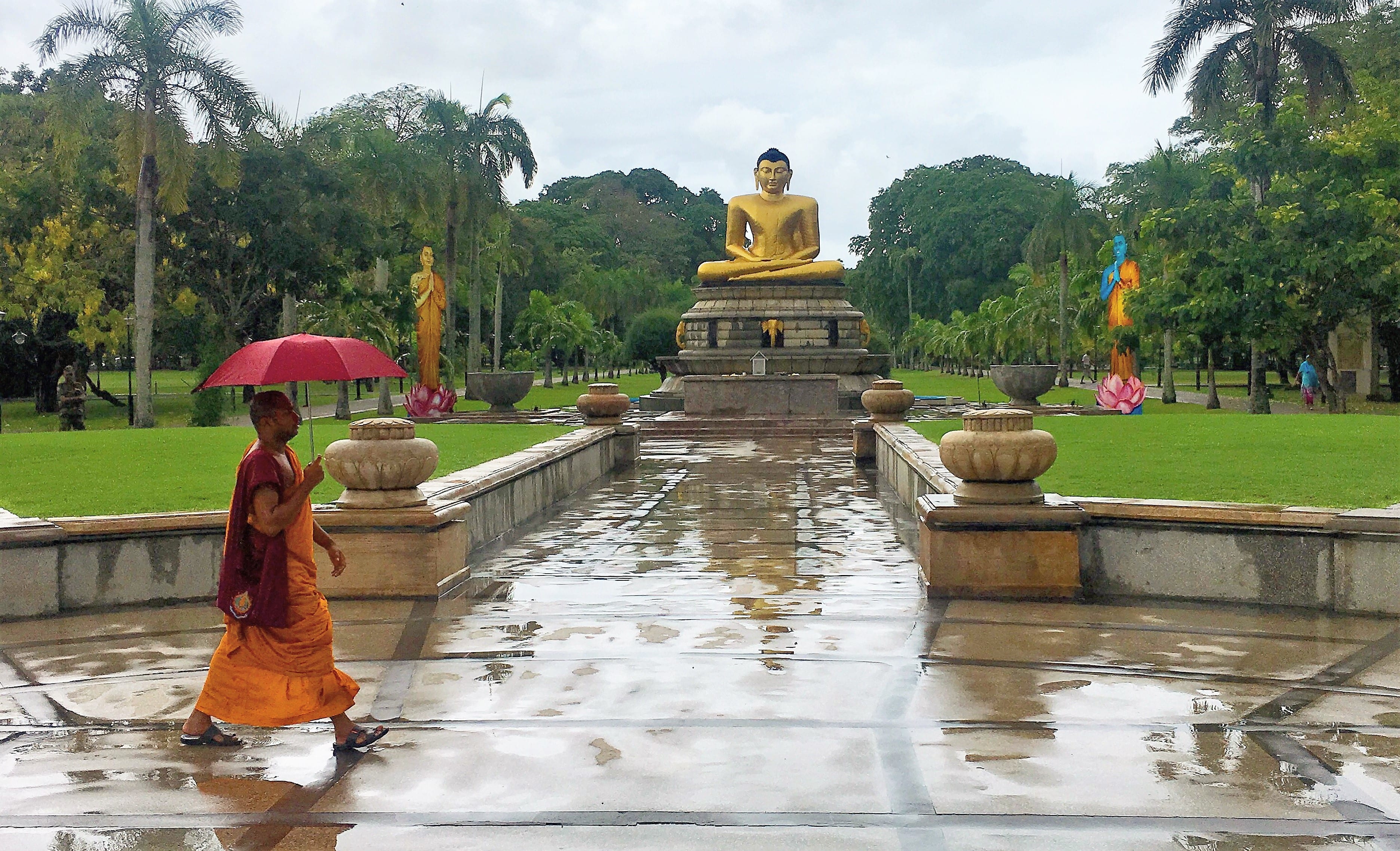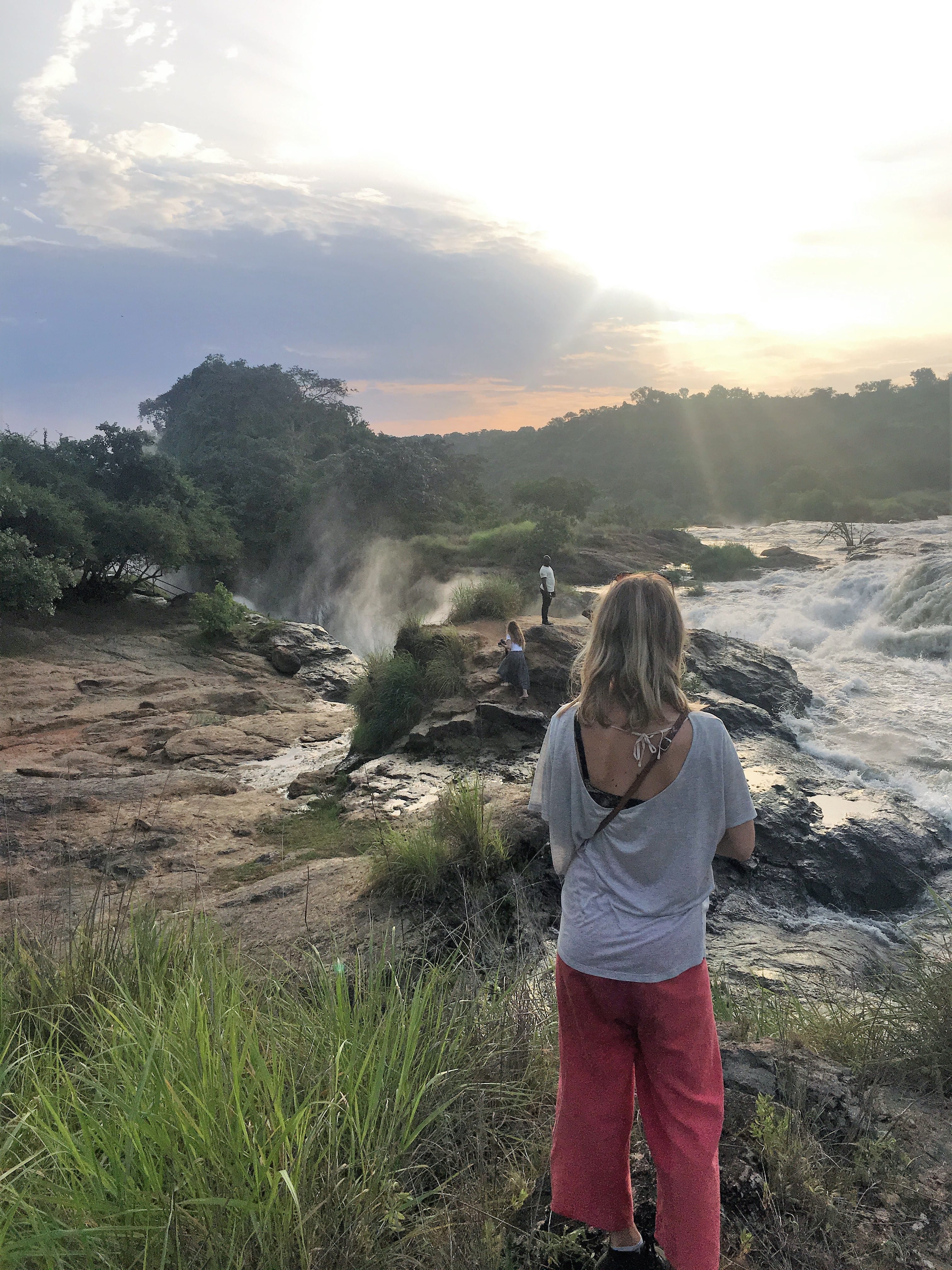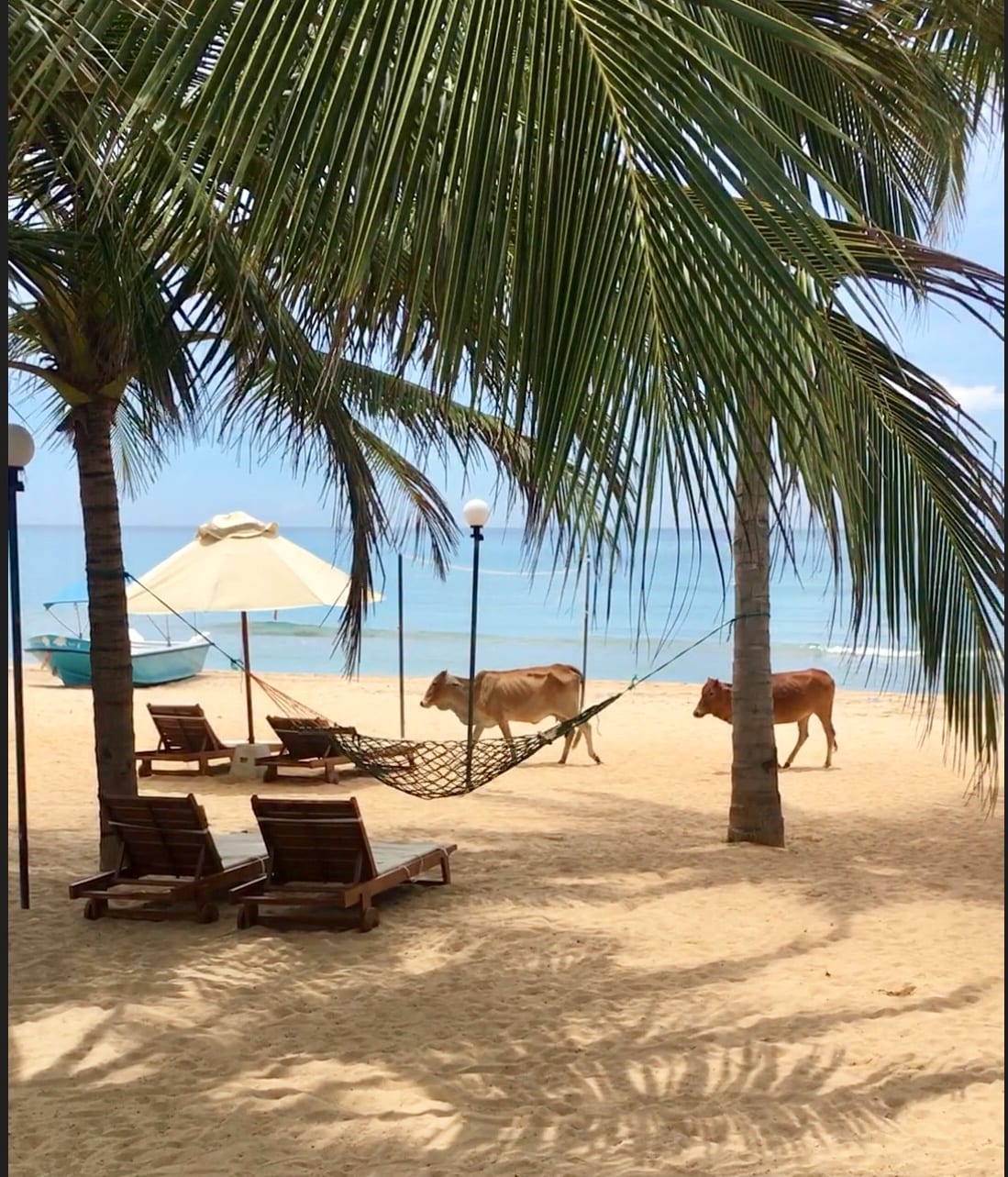… or Getting Ideas Out of Your Head And Onto The Page
This post by Bristol PGR Pam Lock, who’s been running Writers’ Retreats at Bristol since 2014, was originally shared on the Bristol Clear Blog.
Some days writing is hard. Whether you have writer’s block or just can’t translate your ideas into writing, here are some practical ways to get your ideas out of your head and onto the page.
Free Writing
What is Free Writing? Free Writing is a brain dump, a way to write down your thoughts and ideas without constricting them by constantly editing yourself. It can be particularly useful for people who are afraid to ‘dirty the page’ with words that aren’t quite perfect or who lose track of ideas because they are constantly editing as they write.
Free writing is not about creating beautiful prose. That is the next stage, or even the stage after that. As Terry Pratchett once said, ‘The first draft is just you telling yourself the story’. Once you understand what story you want to tell, you can shape and translate it for others to read and understand. Free writing gives you a different way to access and explore your ideas.
How do I do it? For five minutes, write non-stop: don’t lift your fingers from the keyboard or your pen from the page. Just keep writing. Don’t stop to ponder or make corrections or look up a word’s meaning in the dictionary. Just keep writing.
If you find yourself stuck for something to say, write, ‘I don’t know what to write next’ or repeat the last word you wrote again and again until a fresh thought emerges. It won’t take long.
Be strict, finish your sentence at 5 minutes and stop writing.
When can I use free writing? There are lots of uses for free writing. I recommend it:
- As a warm up. If you want to get started at the beginning of a writing day, five minutes of creative free writing is a great way to get yourself into the groove before you start tackling your academic writing. It can also open up creative pathways in your brain allowing you to write more smoothly. Write on anything: the view from your window, your journey to work, a painting or photo.
- As a method to move forward when you are stuck. We all get stuck. Sometimes we just can’t quite work out what we think about something. Sometimes a walk around the block can be good to clear your head. Or five minutes of free writing to help you access deeper thoughts or accept ideas you may have been blocking for some reason.
- As a way to develop or close an idea. It is easy to get into an inescapable circular pattern of writing. You get obsessed with one idea and end up writing it in slightly different phrasing again, and again, and again until you have thousands of words repeating one thing. Sometimes you just need to close the idea. Free writing can be a great way to do this so that you can move onto the next thing.
Want to know more? For more information about free writing, take a look at:
Peter Elbow, ‘Freewriting Exercises’, Writing without Teachers (New York: Oxford University Press, 1973), 3-11.
Richard Nordquist, ‘What Is Freewriting? How Writing Without Rules Can Help You Overcome Writer’s Block’
Six-word summaries
If you find free writing too unstructured, you could try creating a six-word summary of your article or chapter, or even of a single paragraph that isn’t working.
- Take a few minutes to think about what the piece you want to summarise is about.
- You may find it useful to write down a few key words to get you started.
- Spend five minutes sculpting a six-word summary of the piece
- Not only can this help you work out the essence of your writing piece, the summary you produce can be helpful in the editing process too.
- Ask yourself: Does every paragraph or sentence help me to communicate the essential ideas of this piece to my reader?
- Use it to ensure you don’t include anything redundant or miss anything essential from your writing.
Talk to someone else
For some people, writing can be a lonely process. I advocate finding someone you like to write with and meeting up with them regularly for company and motivation. Writing doesn’t have to be a solitary.
Writing buddies can take many forms. Finding someone you trust to be quiet and productive during your writing time but who will be good distracting company during those very important breaks is a great way to improve your writing.
They can also help you break through writer’s block. Talk for 5 minutes at the beginning of a writing day about what you want to each. Challenge each other. Can you help improve or clarify each other’s writing projects? If you are stuck on something, talk it through with your writing buddy. Even if they are not familiar with your subject, they may just ask the right question to make you look at your ideas in a new way.
Want to get involved in WriteFest 2018, the celebration of academic writing held during November? Find out how the Bristol Doctoral College is marking the month in our round-up blogpost.


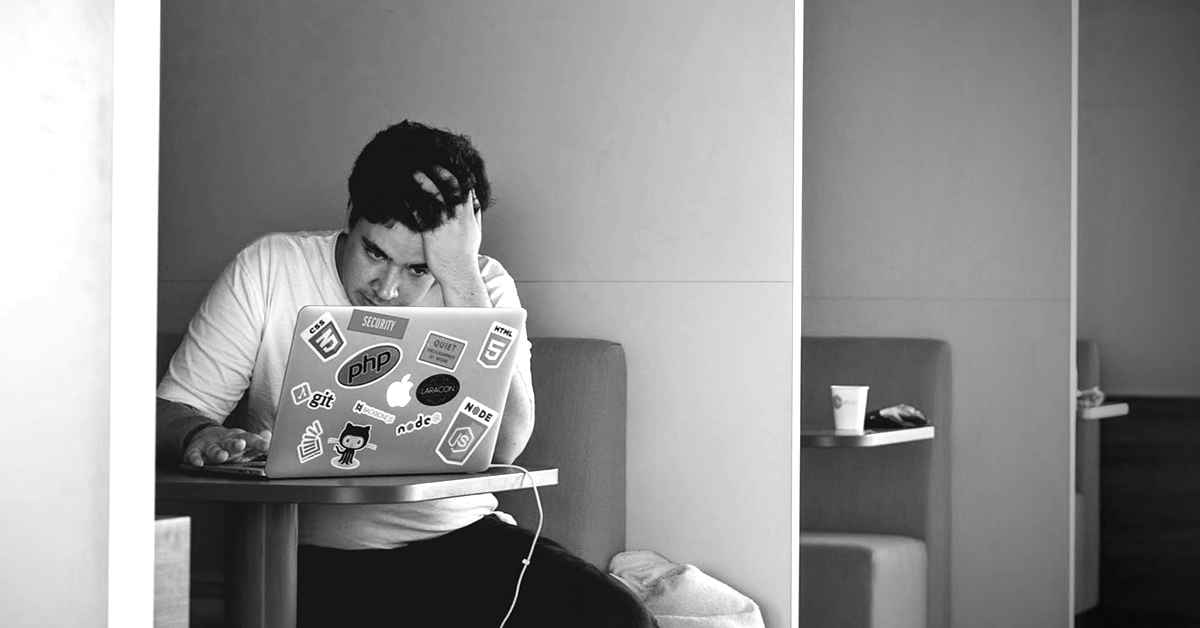
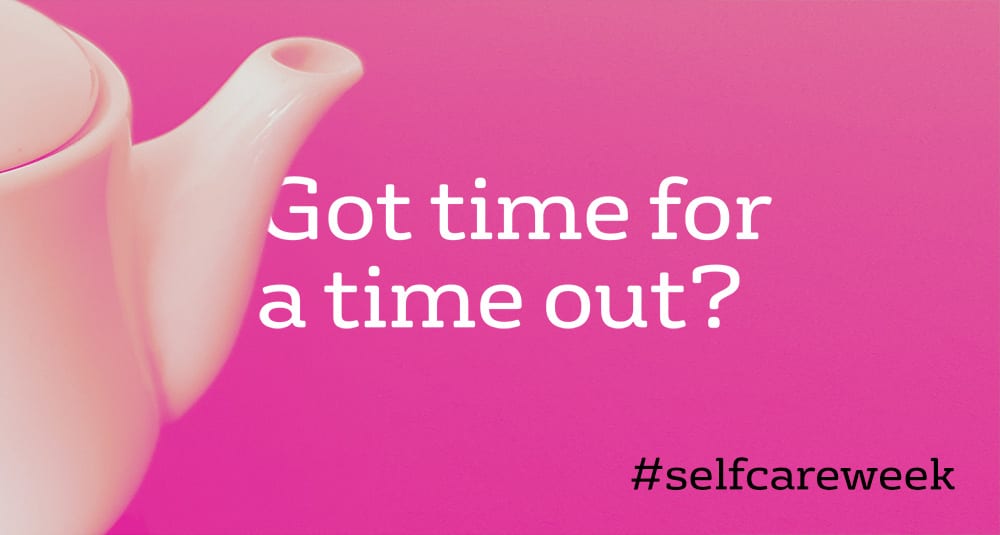




 I am hoping to work with the PGR Course reps to improve the welcome that new postgraduate researchers receive when joining the Faculty, and also making sure that every department and Centre for Doctoral Training has their own course rep who is linked into the Faculty network of course reps to make it easier for us to help each other and improve the quality of doing an Engineering PhD.
I am hoping to work with the PGR Course reps to improve the welcome that new postgraduate researchers receive when joining the Faculty, and also making sure that every department and Centre for Doctoral Training has their own course rep who is linked into the Faculty network of course reps to make it easier for us to help each other and improve the quality of doing an Engineering PhD.